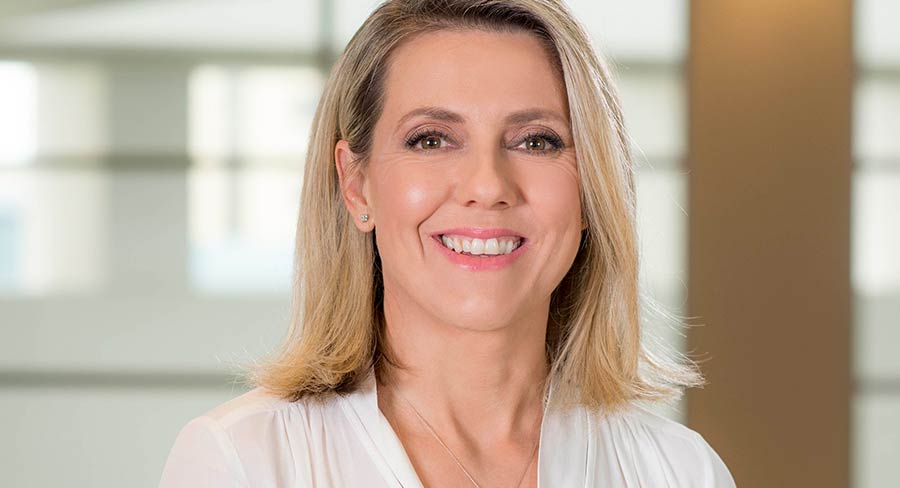As editor-in-chief of news.com.au, Kate de Brito heads a team that attracts over 10m news readers every month. In a new Mediaweek Podcast she tells how people are now consuming their news, what some in the industry don’t understand about digital news and why it is so important to follow the readers.
Election campaign should equal big audiences
Hopefully, there’s going to be a bit of argy-bargy, we like a feisty election campaign.
We hope to see some good numbers over the next six weeks.
Our readers are hugely interested in politics. We saw big numbers for the New South Wales election. And we’ve done a lot of planning around what we’ll do.
People are interested in the politics. But they’re also obviously interested in the personalities. And we’ve seen huge spikes in readership around elections. So, definitely I think there’ll be a lot of readership around this one in particular.
Letting the readers guide you
We let the readers guide what we do a lot. And I think it’s a principle that unnerves some people. They seem to say, “Well, if you let the readers tell you [what’s important], then are you giving them what they need to know?”
We’ve never arrogantly assumed that we know best. We’re obviously journalists, we know when a story’s a story. But surprisingly, so do the readers. And there can be things that traditional media, or other parts of the media, might think are important stories that our readers just aren’t interested in. That’s a part of digital media that people still haven’t quite come to terms with. They want to compare digital media to print, they want to compare it to broadcast.
Probably the comparison they don’t make often enough is radio. In some ways, digital media runs much like radio. We come in, there’s stories of the day, we follow them up, we find new angles, and we roll things out throughout the day.
There’s obviously special features, things you’ve planned, stories that you’ve broken exclusively. But we operate very differently to other newsrooms. We have to be guided by what the readers want to read or what they’re interested in, because otherwise they just don’t read. It’s a fundamental principle of digital news.
Misconceptions about digital news
There’s so many misconceptions. So many misconceptions. Having worked in print for so many years, and I have a great affection for print. I started at The Daily Telegraph as a copy girl. I loved my years in print in this business. But I love digital news now. And I think it’s probably one of the biggest problems for our industry – how few people who are not in the industry understand it.
It’s a great moment sometimes when I meet other people who work at rivals, some of our biggest rivals, they might work at Nine or Seven or The Daily Mail. When you get in a room together, or you have a chat together, you’re surprised that you speak a language that people in other parts of the businesses don’t understand.
Stigma around digital news
I find that sort of a bit sad too. As I said, I’ve worked in journalism for a lot of years, and there have always been elements of what people consider a hierarchy. There’s been snobbery, there’s been all sorts of things in the media before. It’s not new. Digital media has really shaken people up in other parts of the industry. Obviously we know that different parts of the media have struggled. Print has obviously had its own share of struggles, although they’re doing really well at the moment to maintain their readers.
They do look down their nose [at digital news]. There’s a suggestion that digital media is a lesser type of journalism. It’s a shame that they look at it that way, especially when we know that this is what people are reading. So, again, it’s a kind of arrogant assumption by journalists that they know best. And I don’t always think that’s the case.
Listen to Kate de Brito’s Mediaweek podcast online at PodcastOne here.
• Or listen or download on iTunes here.
Subscribe to Mediaweek podcasts here and get alerts for new recordings.
